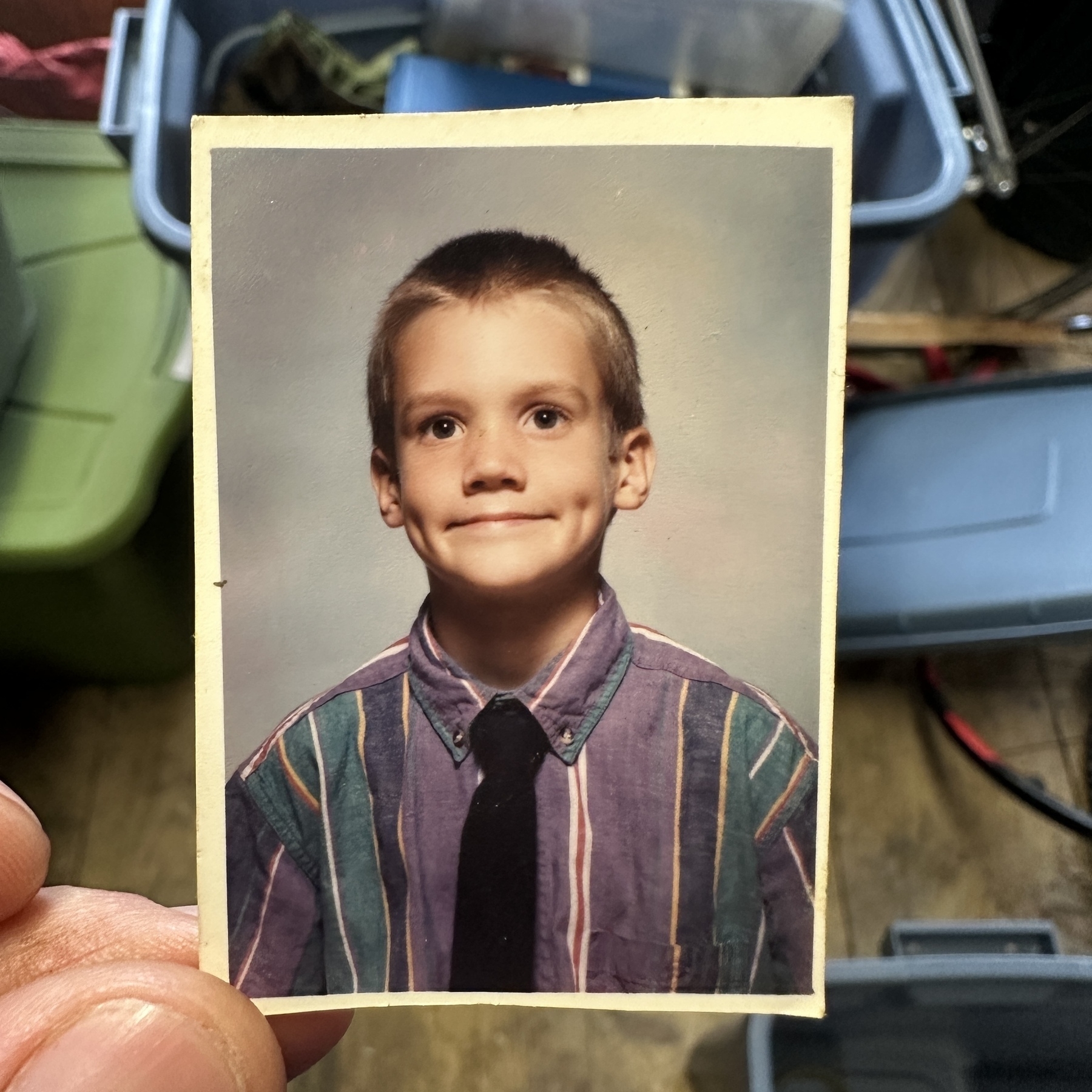Nice view from the public house
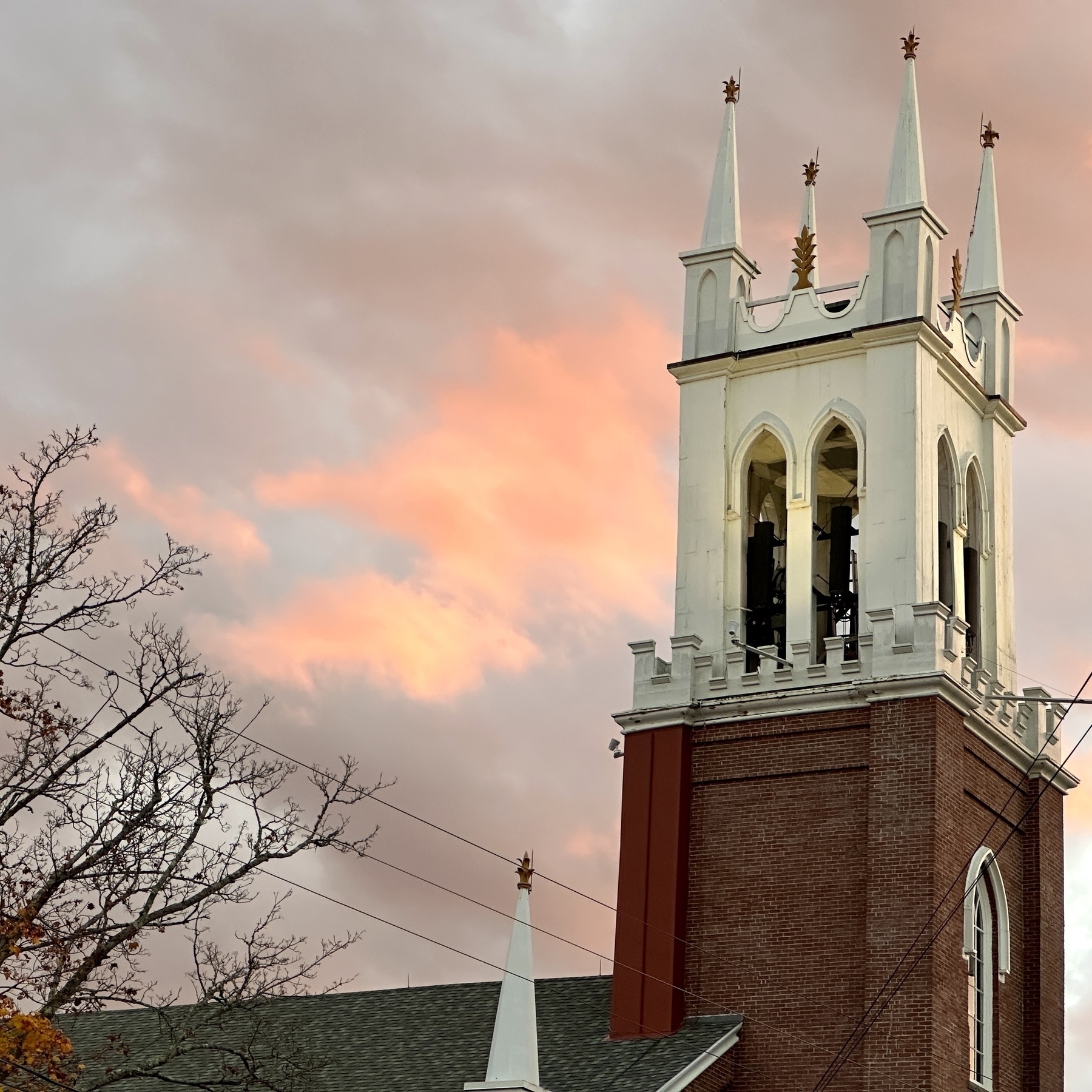
Nice view from the public house


“I’m Jack Sonville, and I approve of—what’s that smell?”
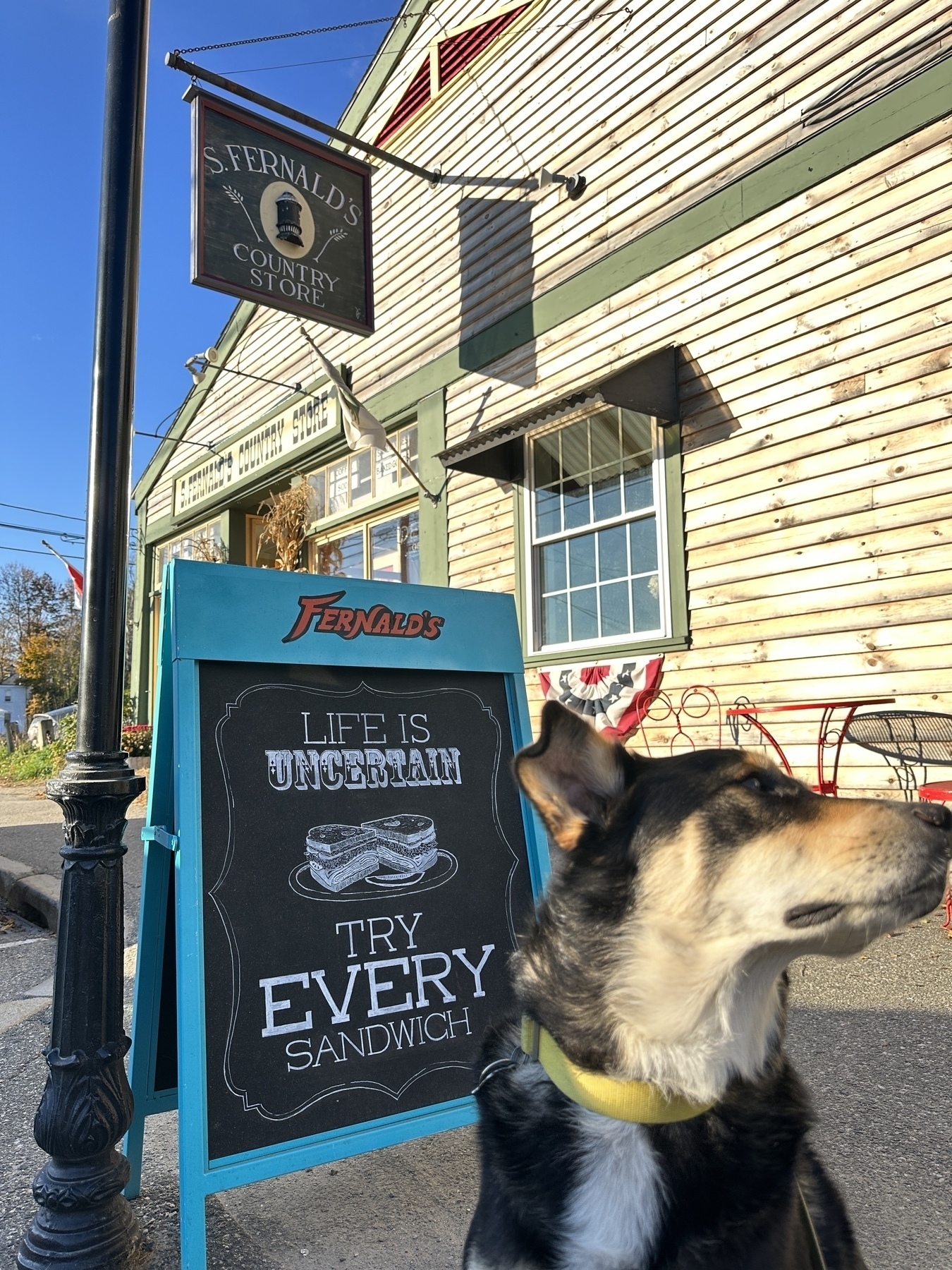
A rippled, peaceful pause between the tides

Paging @ablerism Sarah Hendron!!
Below is a newspaper clipping my grandmother saved from, we think, around 1961, about a makeshift oscillating bed that her father, my great grandfather, “Hum” Reynolds helped make for a WWII veteran with poor circulation to one of his legs.
For easier reading, I’ve typed up the article here.
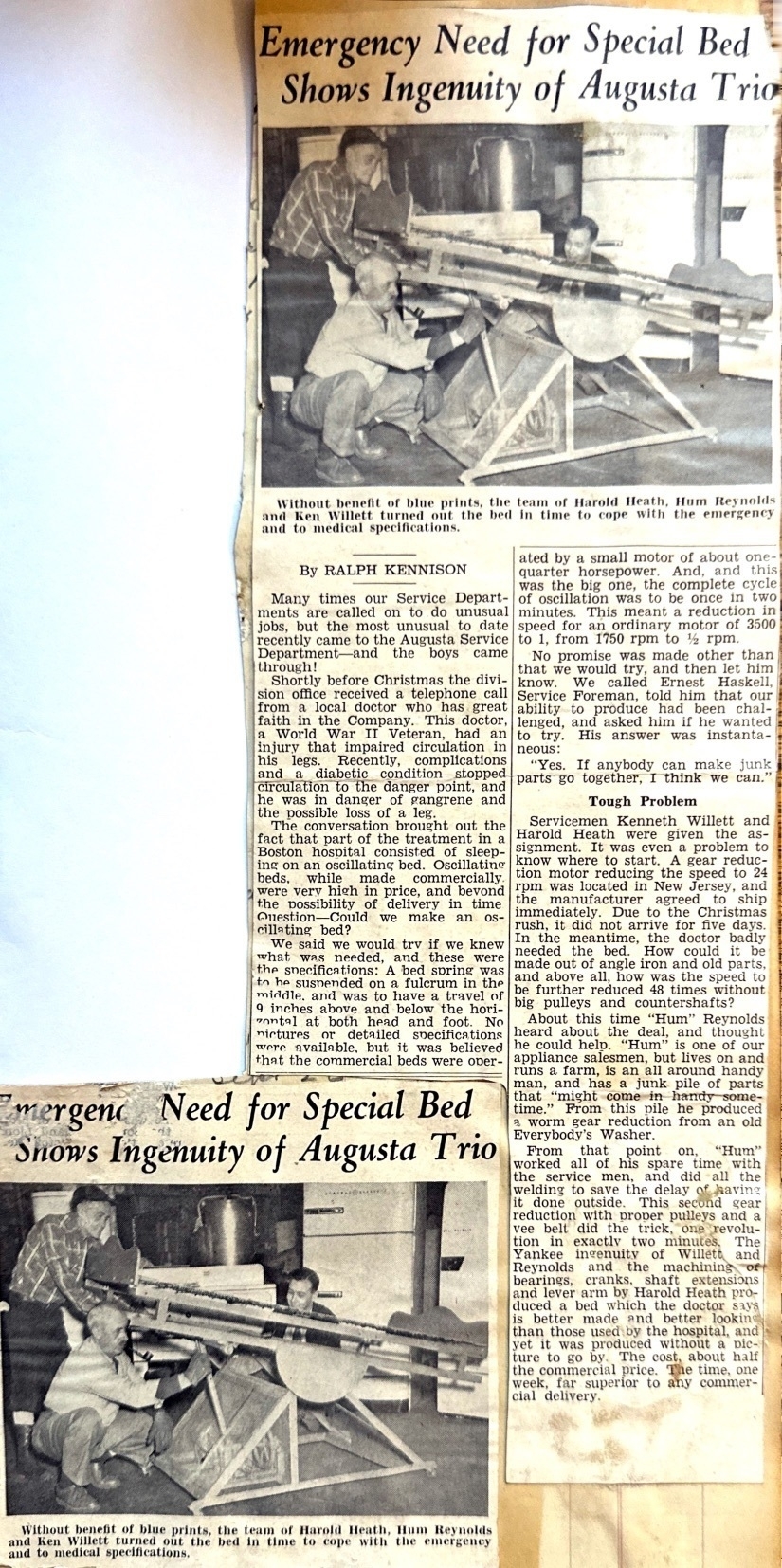
Some photos from Popham Beach. It’s good to be home
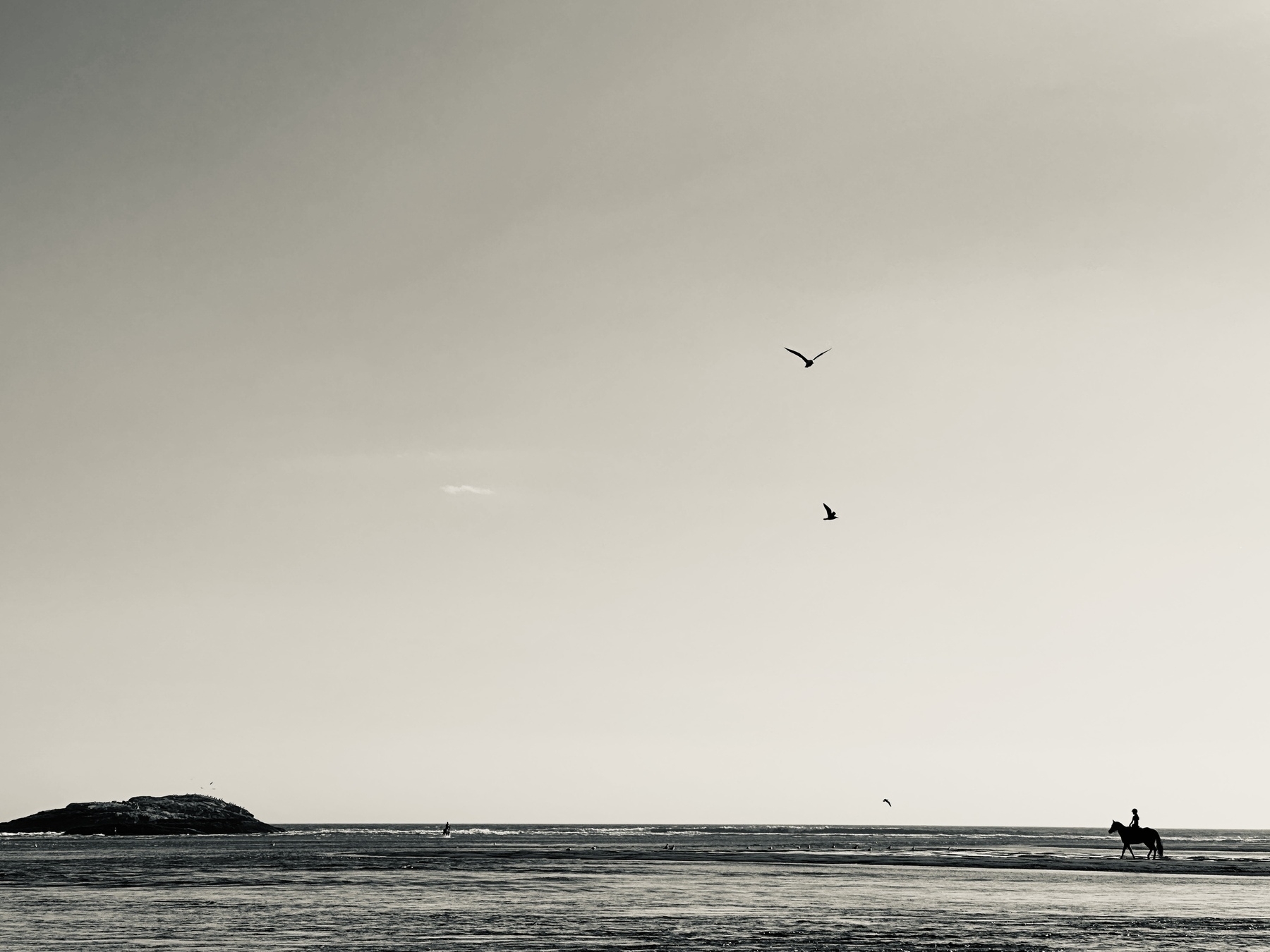
Happy place

Apparently Jack has a green thumb

8-year-old me. This expression still pretty much covers how I feel most of the time
